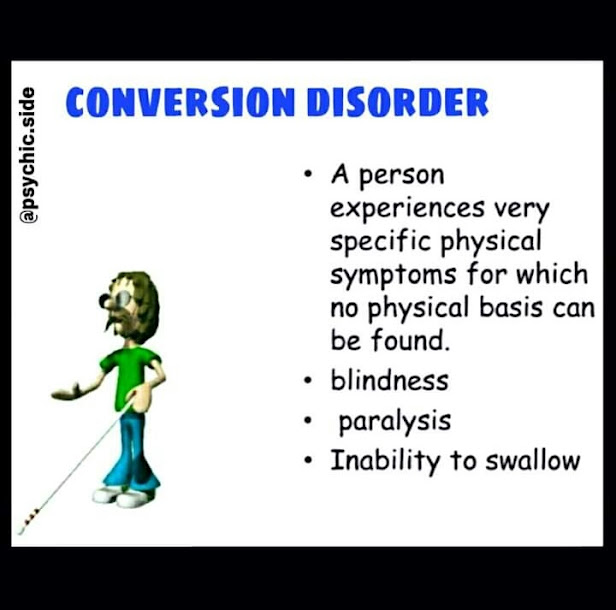100 Secrets for Healthy and Successful Life

1. Get up at 5 am 2. Take 10 deep breaths in and out in the morning and before bed 3. Make the bed first thing in the morning 4. Start morning with one positive affirmation 5. Stand in front of the mirror in the morning, smile and say: It’s going to be a great day! 6. Look in the mirror and say out loud what you love about your body 7. Make a wish and let the feeling of happiness wash over you as if it’s already happened 8. Visualise your ideal day 9. Meditate for 20 minutes 10 Write down your top 3 most important things to do in the morning or the night before 11. Sleep for 8 hours 12. Set a bedtime and stick to it 13. Keep the devices outside the bedroom 14. Stay off the internet in the evening 15. Turn off all electronics after 7 pm 16. Do fasting 17. Study nutrition, diet, or exercise for 30 minutes 18. Drink half a gallon (2 litres) water 19. Go without sugar 20. Give up alcohol 21. Give up coffee 22. Quit buying sugary snacks: chocolates, cookies and cakes 23. Quit drinking soda ...





